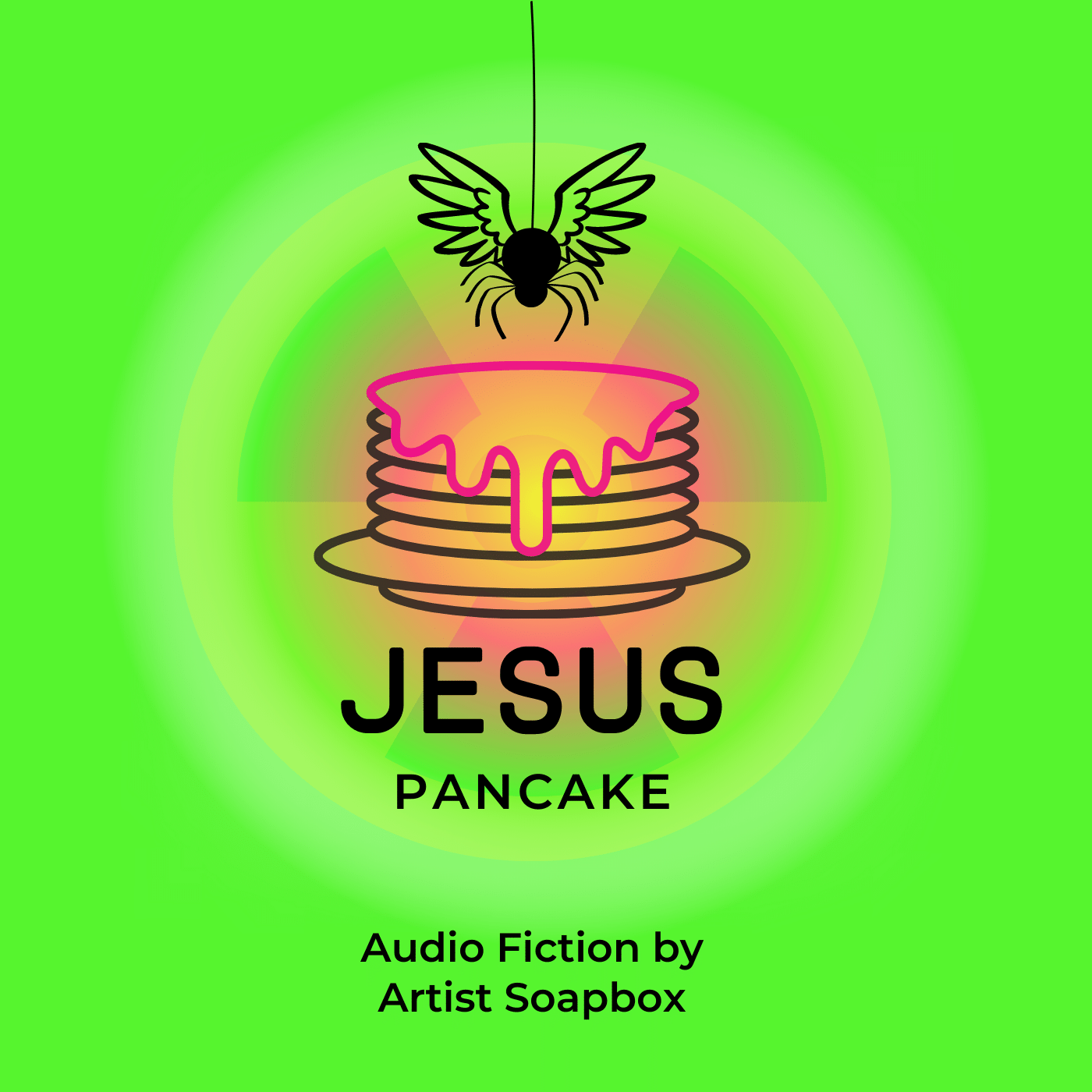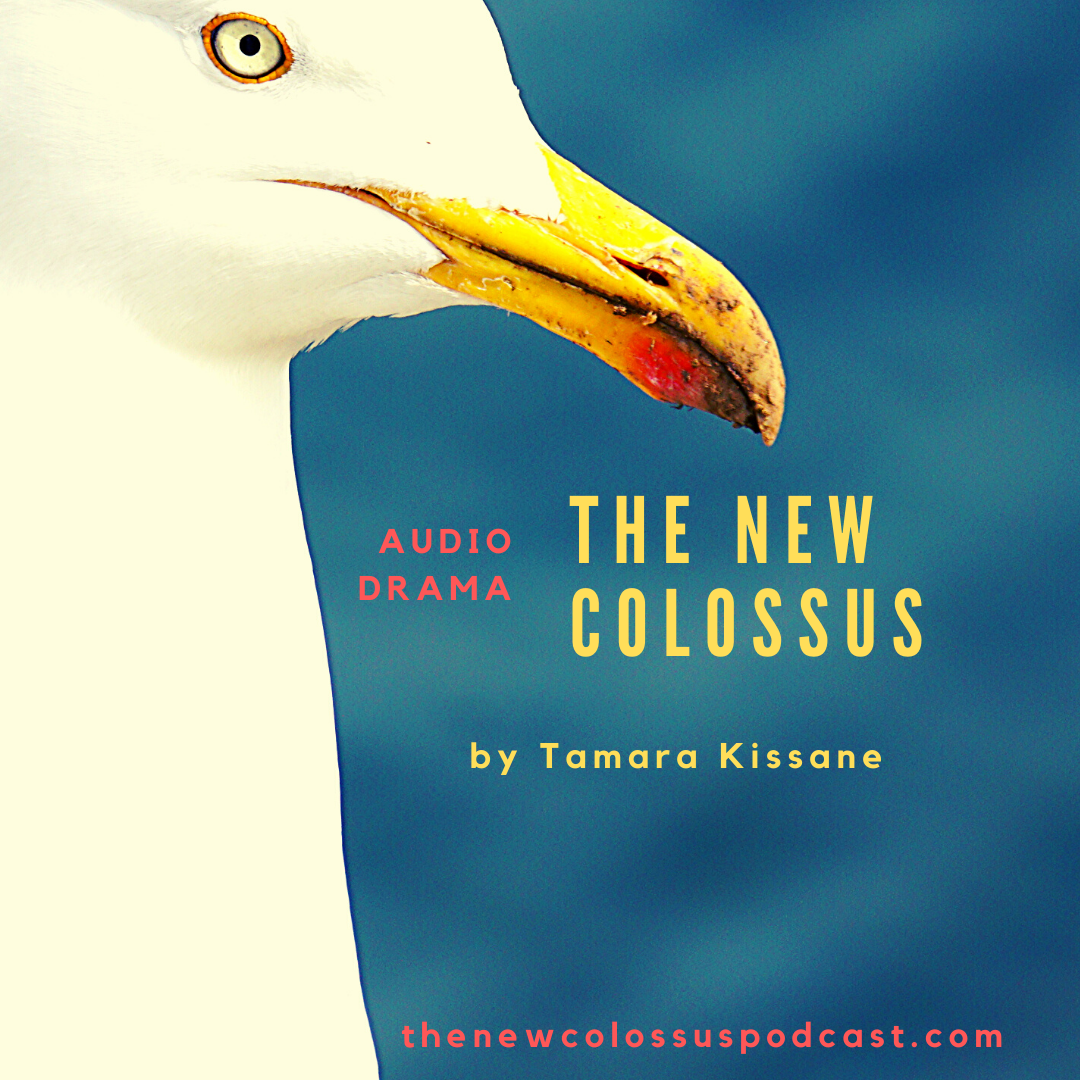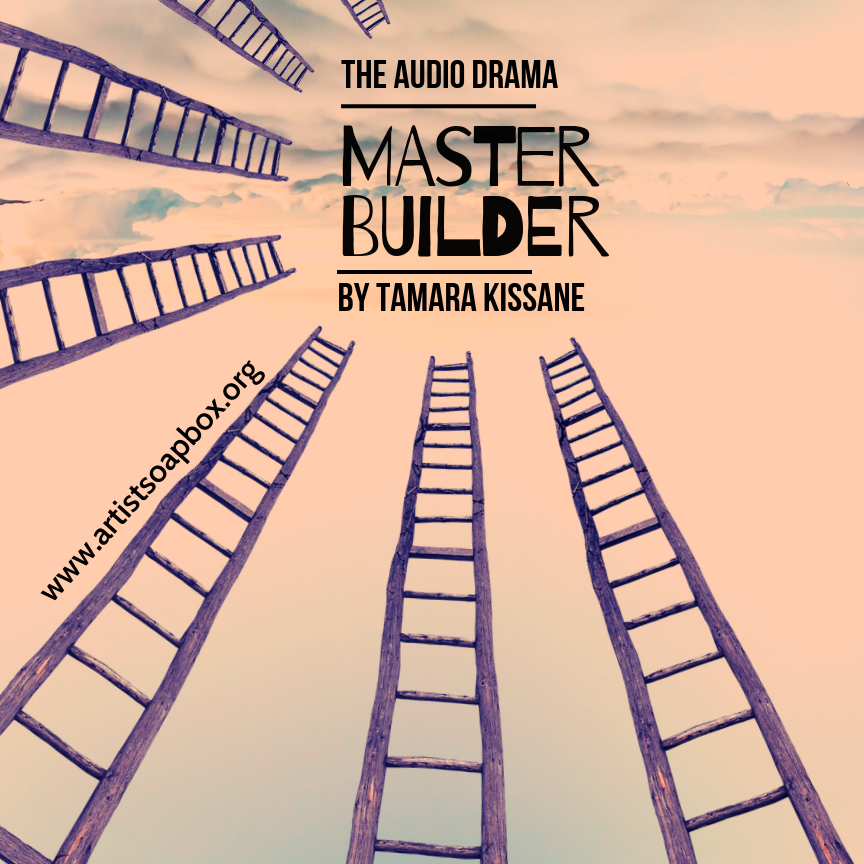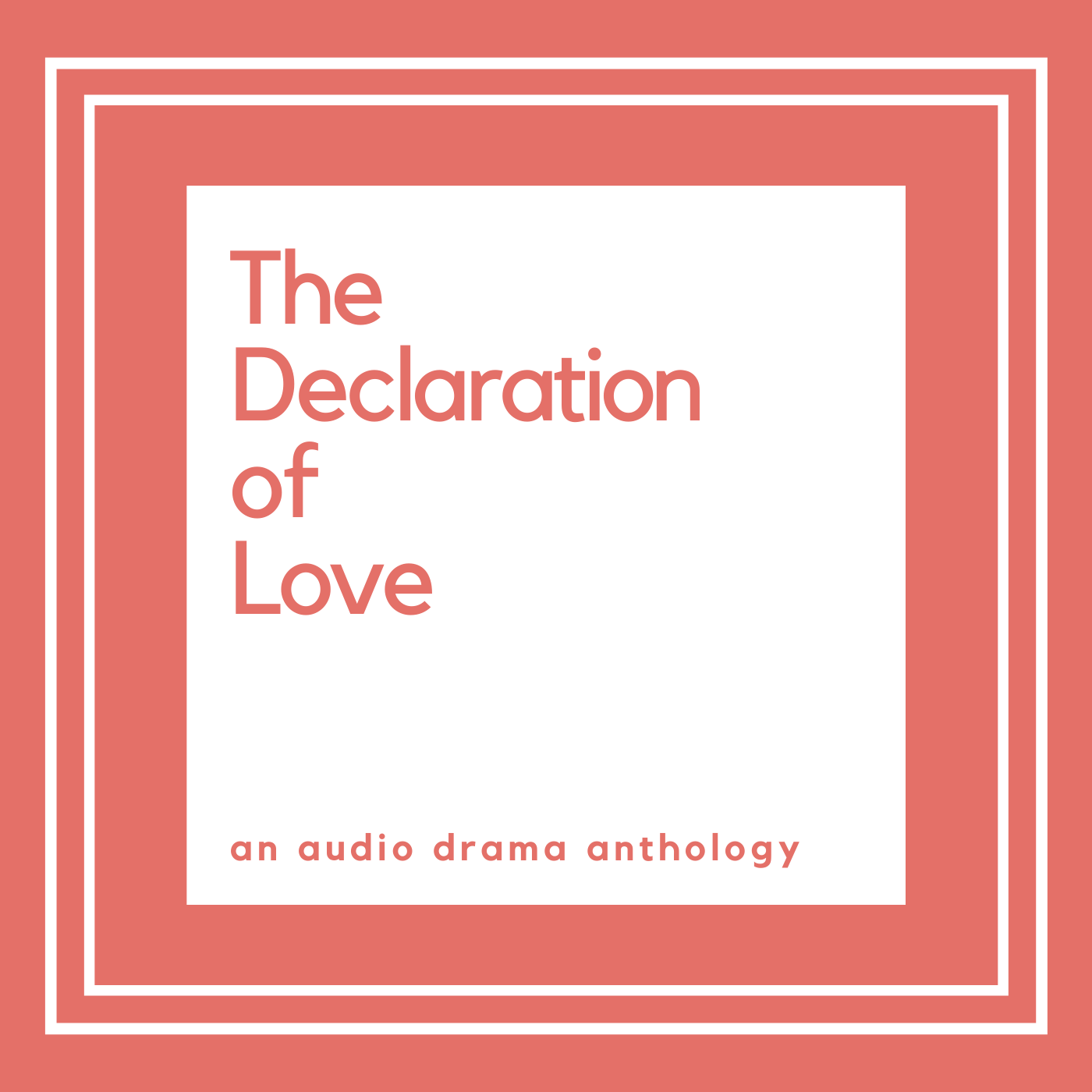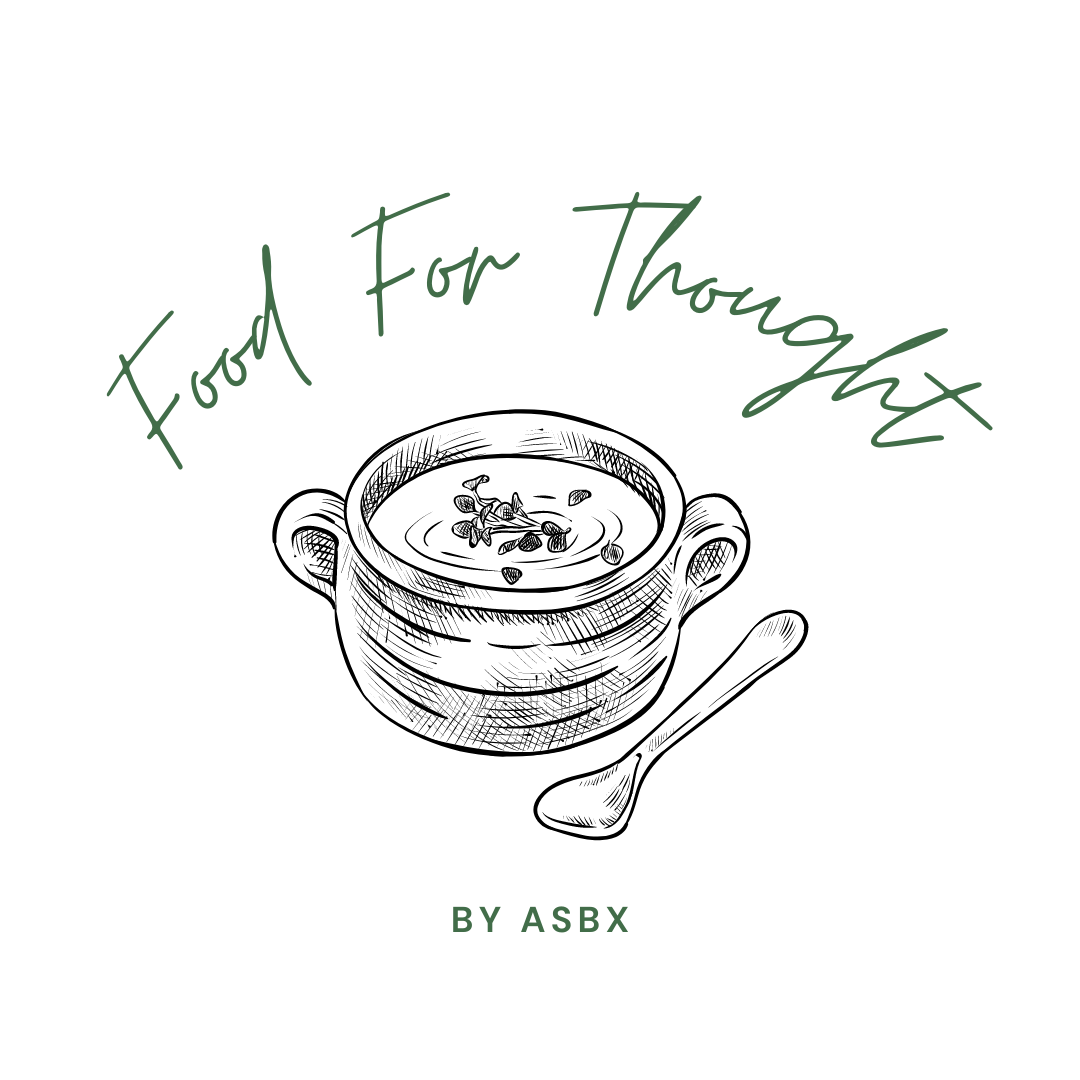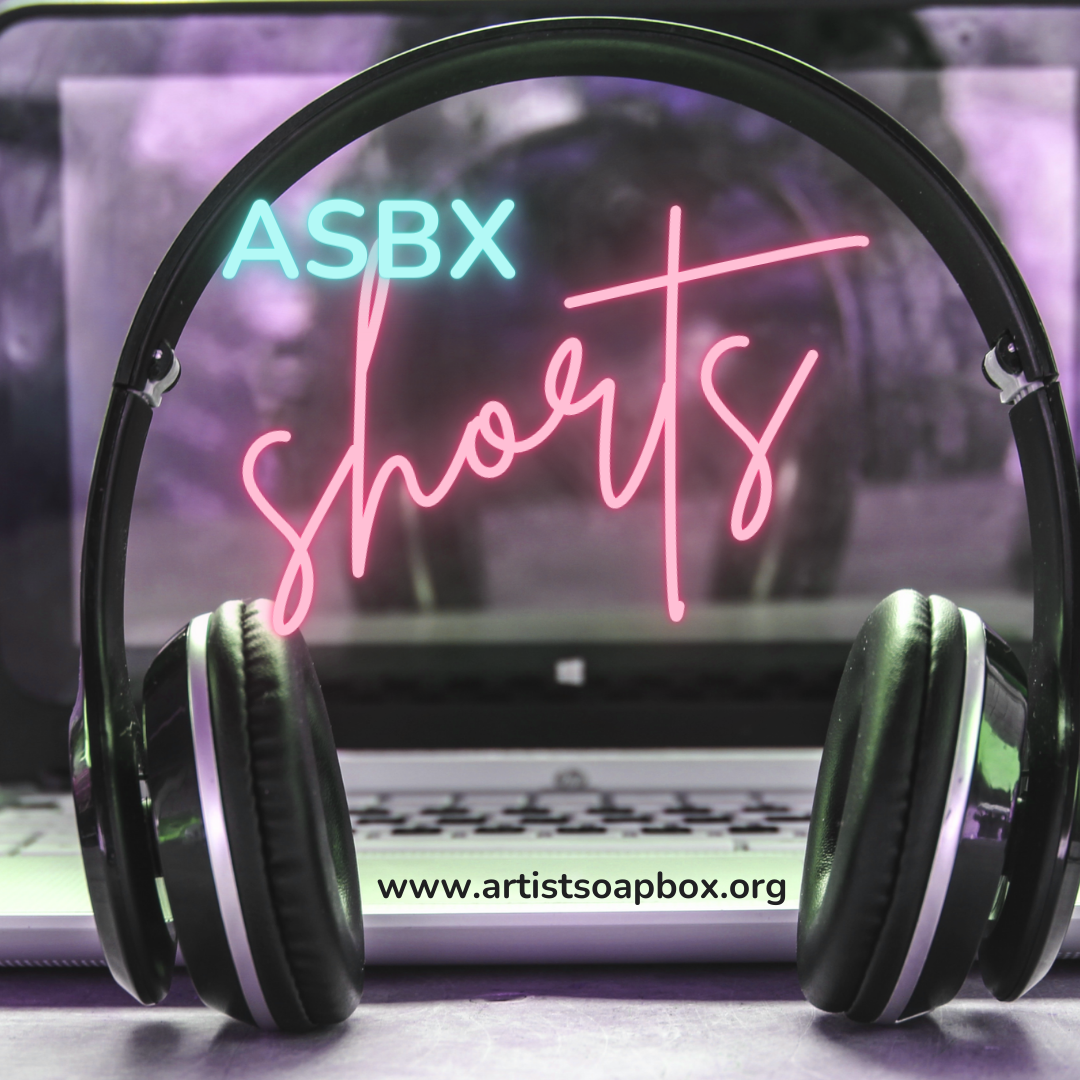When we got together for our interview Elisabeth Lewis Corley said, “Let’s just have a conversation.” And wow, did we ever. Elisabeth began by reading one of her poems. From there we discussed survival strategies for artists, diversifying our artistic practice, her company Street Signs and their intentional approach to developing profound new work….and the meaning of life and art and work and everything.

Elisabeth Lewis Corley was founding artistic director of the Atlanta Shakespeare Company. In New York she worked as an actor and producer for Signature Theatre Company in its first four seasons and produced and performed in plays by Jim Grimsley for Harland’s Creek Productions. Corley’s poems have appeared in Southern Poetry Review, Hyperion, Carolina Quarterly, Feminist Studies, BigCityLit, and many additional publications. She and her partner, Joseph Megel lead StreetSigns Center for Literature and Performance, an award-winning professional performing arts and educational center. Founded in Chicago in 1992, StreetSigns has presented more than fifty productions in its more than twenty-five-year history. Corley holds an MFA in poetry from the Warren Wilson Program for Writers and a B.A. with Highest-Honors-in-Poetry from the University of North Carolina at Chapel Hill. She is a member of the Dramatists Guild, Actors’ Equity Association, and SAG-AFTRA and was a Ella Fountain Pratt Emerging Artist in Drama and 2017/2018 North Carolina Arts Council Fellow in Poetry.
This episode is brought to you by the Soapboxers, the official patrons of the Artist Soapbox. If you like these episodes and want more, get on the Soapbox! This episode was recorded at Shadowbox Studio. Artist Soapbox theme music by Bart Matthews. Additional audio editing by Merrybelle Park Productions.
Connect and Follow!
Artist Soapbox on social media:
Twitter =@artist_soapbox
Instagram = artistsoapbox
Facebook =https://www.facebook.com/artistsoapboxpodcast/
Notes for Elisabeth:
Start with poetry reading. Why did you choose that poem to share?
In our phone conversation, you said that you “write poetry and act because you can’t not.” What is that compulsion? (How does it feel? How do you manage/channel it? What are you trying to express? Do you think they are similar somehow– acting and writing poetry? What happens when you don’t have that outlet? How do you make opportunities to do the work you NEED to do?)
You have an undergrad and graduate degree in poetry, you received the NC Arts Council Fellowship Award as a poet, and you’ve been widely published. Yet that’s only one of many creative practices in which you participate.
You are: “Writer, actor, voiceover artist, editor, producer. Poetry, screenwriting, translations, and other works for the theatre. Editor for literary fiction, poetry, screenplays, and books on the law.”
There’s so much chatter urging us to specialize as artists. What do you think about that? What are the benefits of working across a broader spectrum? How do you manage all of this?
So it seems that of one the downsides – or conditions – of working in so many arenas is that there’s “an opportunity to be rejected on any one of five or six fronts at any given moment of any given day. This necessitates some survival strategies.” What are the survival strategies that work best for you?
Let’s talk about Street Signs. “StreetSigns Center for Literature and Performance is an award-winning professional performing arts and educational center. Founded in Chicago in 1992, StreetSigns has presented more than fifty productions in its more than twenty-five-year history.” You and your partner in life and art, Joseph Megel, are at the helm of Street Signs. The most recent production (co-production with Bulldog Ensemble Theatre) was The Talk written and performed by Sonny Kelly which will have closed by the time this interview airs, but you are in the thick of it now. Joseph is directing and you are producing. Would you talk about why Street Signs choose to develop and produce The Talk? How is a project like this indicative of the work that you do as a company and the values you hold?
(The Talk is a new play. A virtuosic one-person show about the difficult conversation a father must have with his son in a racialized America.)
Sonny Kelly was interviewed for an article in the Duke Chronicle and he identified a phrase that I can’t get out of my mind. “Discursive Heirloom”. “I call it a ‘discursive heirloom,’” Kelly said. “A habitual hand-me-down from generation to generation, what my father had told me and his parents told him, what people have told us as black people, especially as black males. … So I unloaded on this seven-year-old, all the time anxious and afraid that I was killing his innocence, that I would maybe make him angry or afraid.”
In this case the ‘discursive heirloom’ is a way of talking about race — the language and conversation that is shared with and handed down to black males.
So…this is a little out of left field, but this phrase has really captured my imagination…and we’re talking about art and how to make it…and one of your favorite quotes from Wallace Shawn “How to live. What to do.” — with all of this swirling around, is there a discursive heirloom that you can identify about how to live as an artist? What are these conversations? Do they need to change/be interrupted/be interrogated/be brought into the light?
Anything else? What’s next? End with poetry?
Artist Soapbox podcast is a listener supported podcast. If you listen, please support the podcast by sharing episodes with friends and contributing via our Patreon campaign.
If you have feedback, questions, suggestions, please email artistsoapbox@gmail.com. FEEDBACK IS EVERYTHING TO ASBX.

